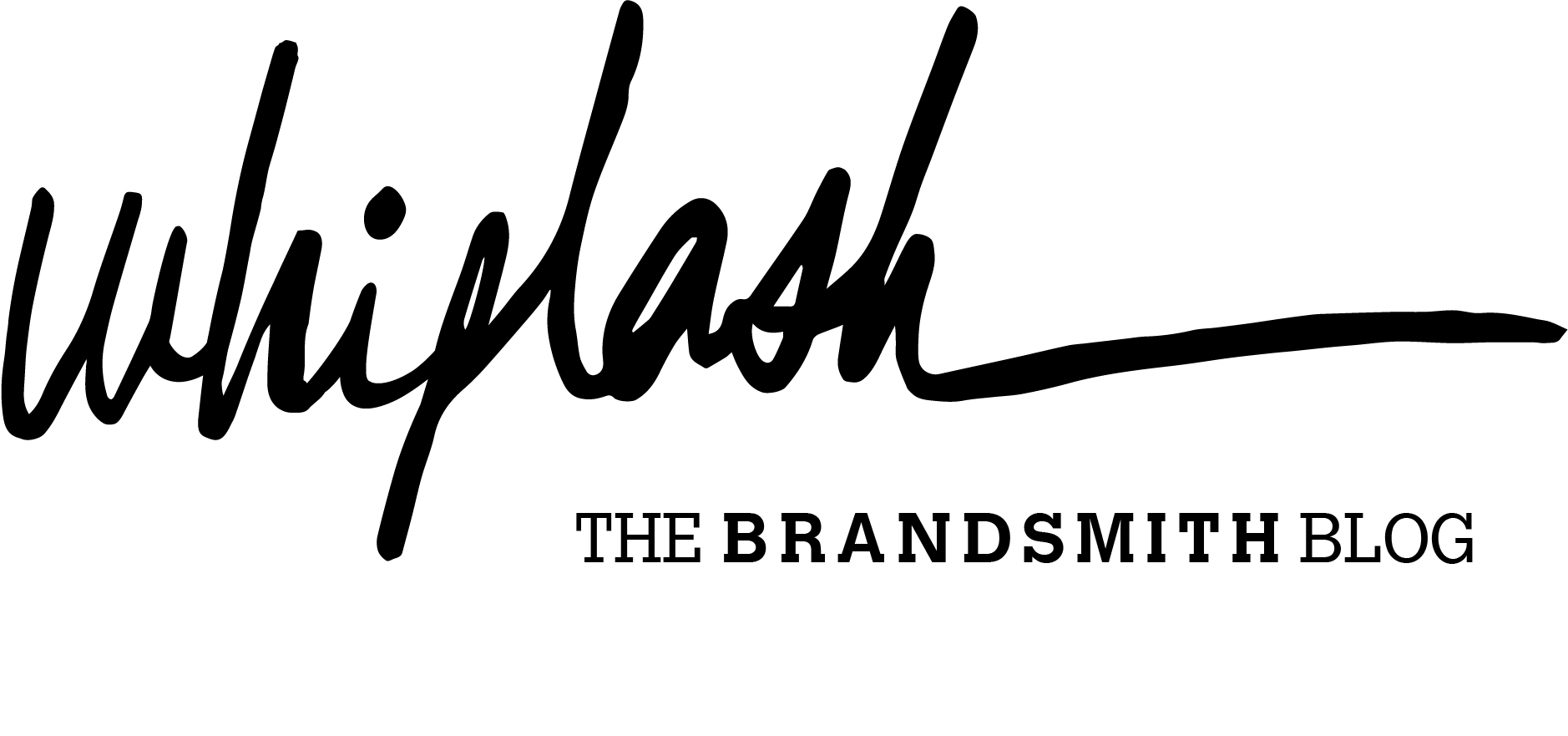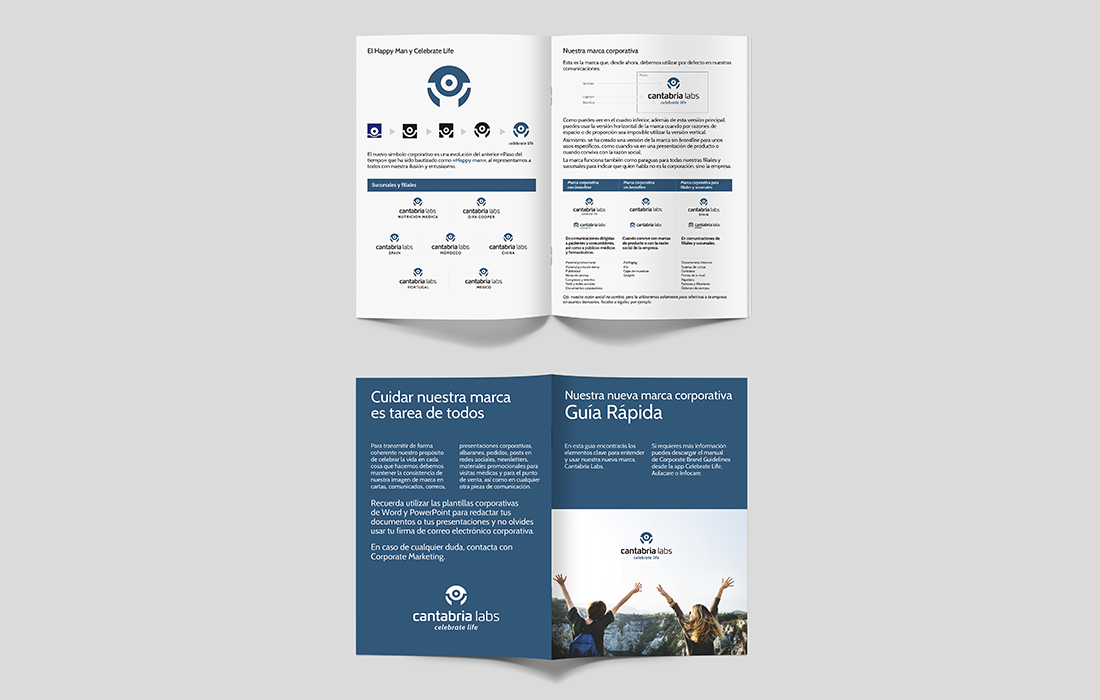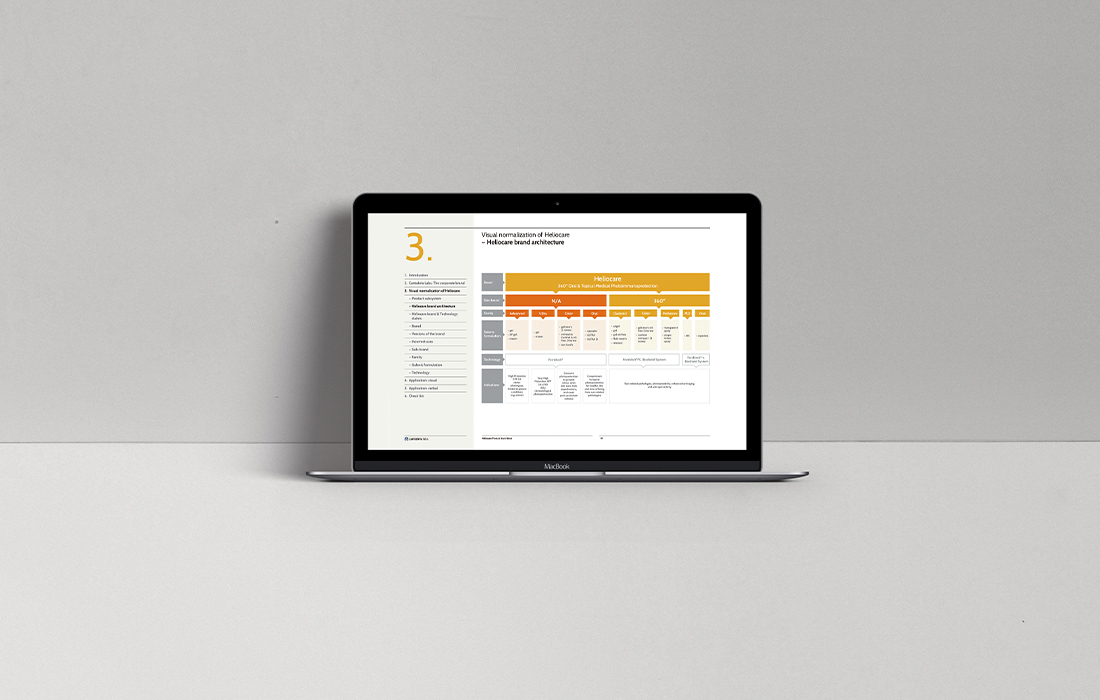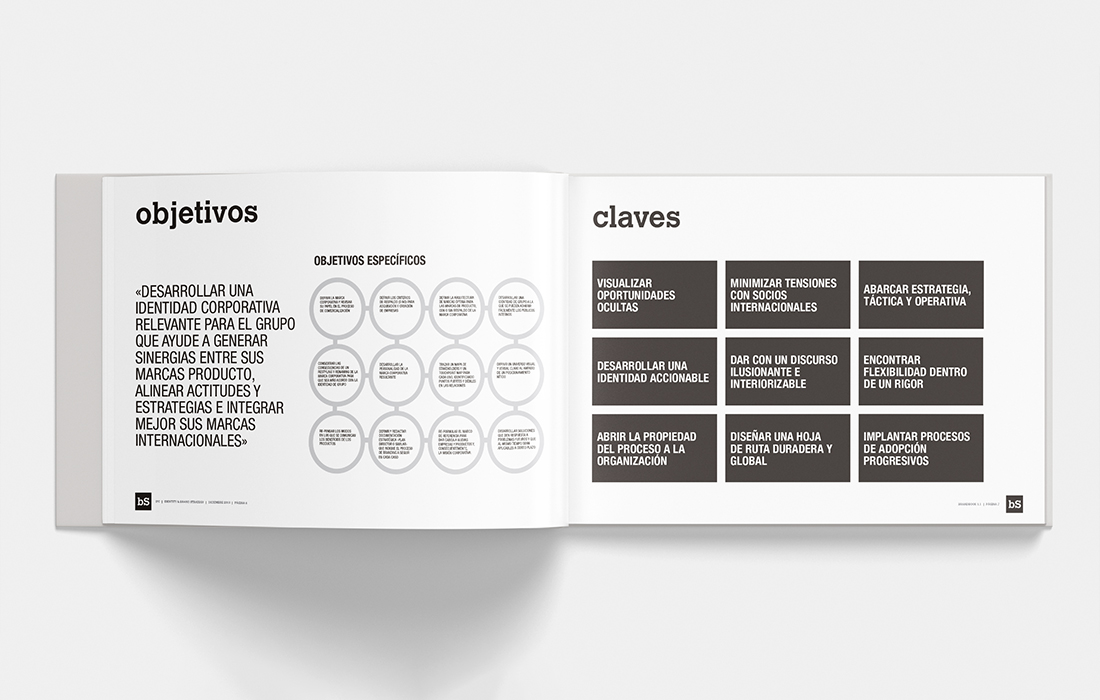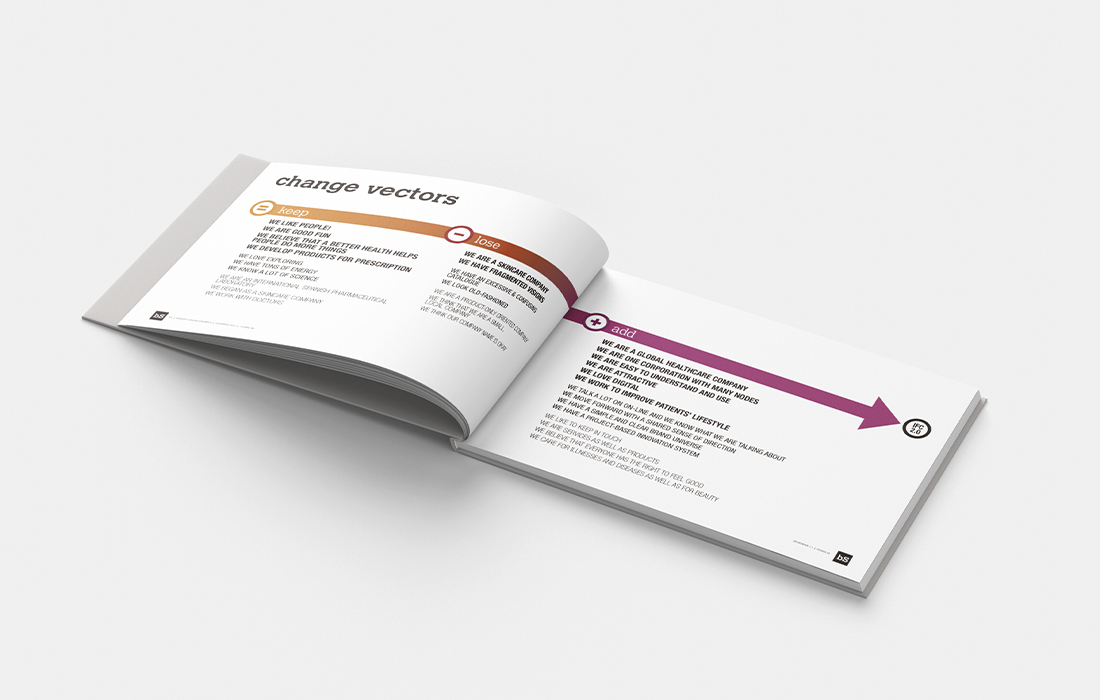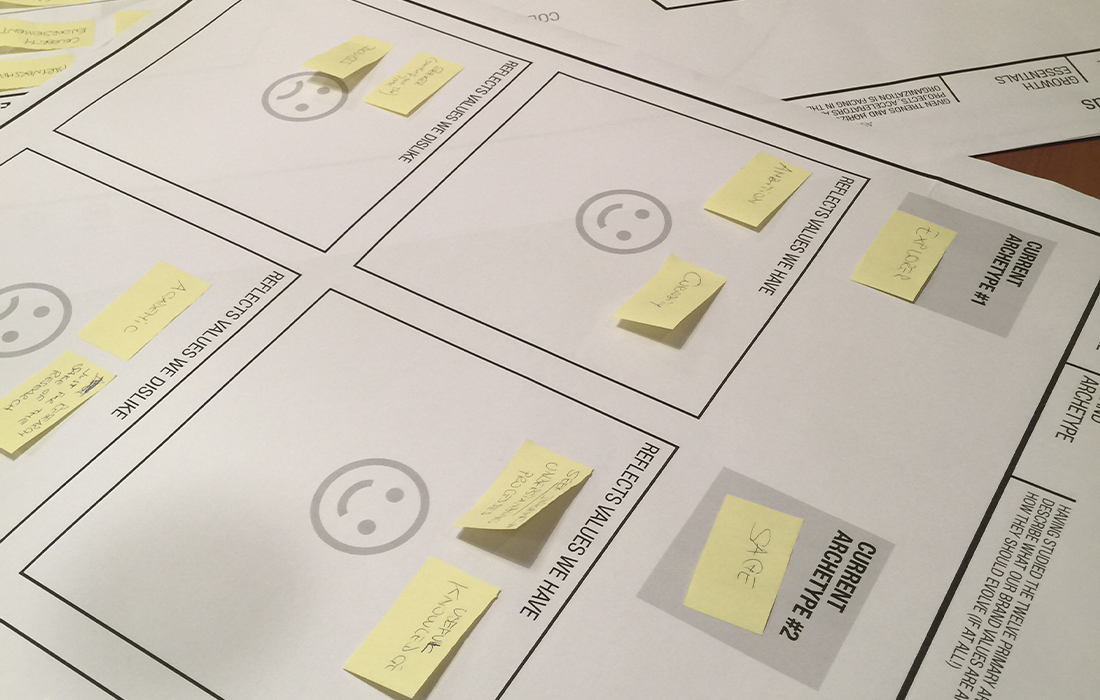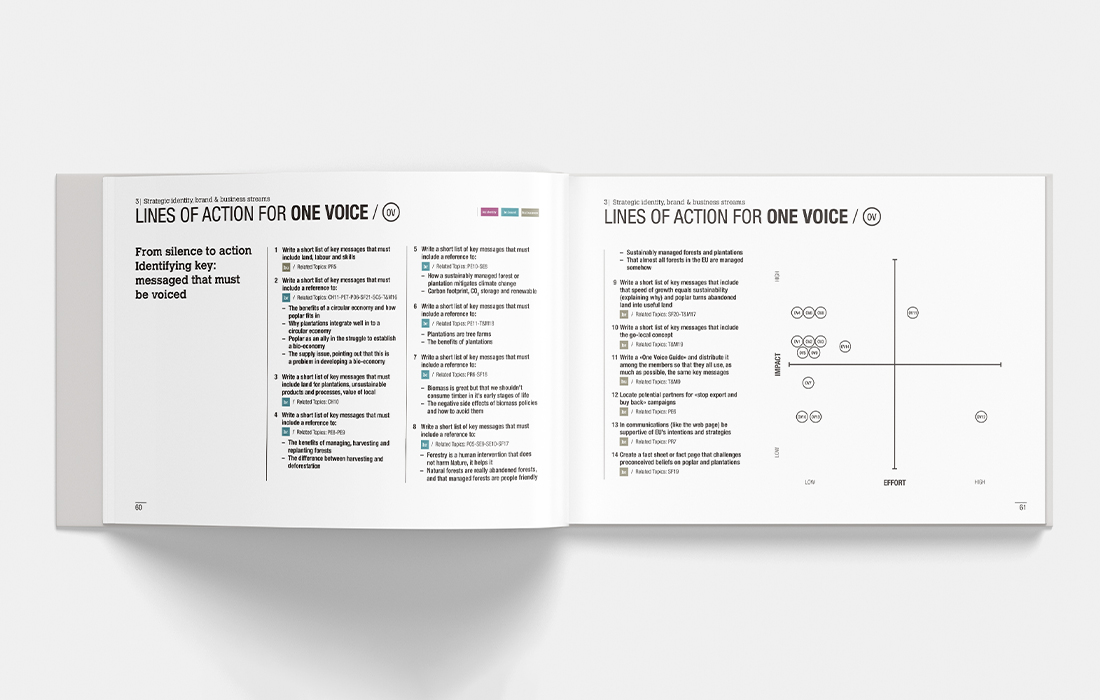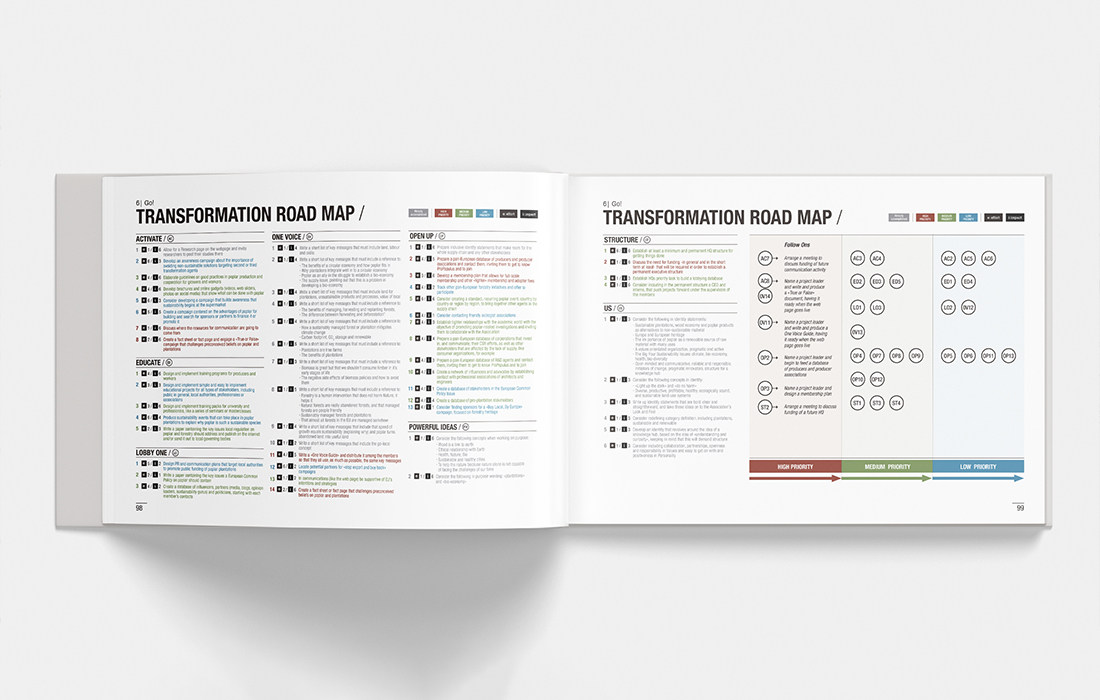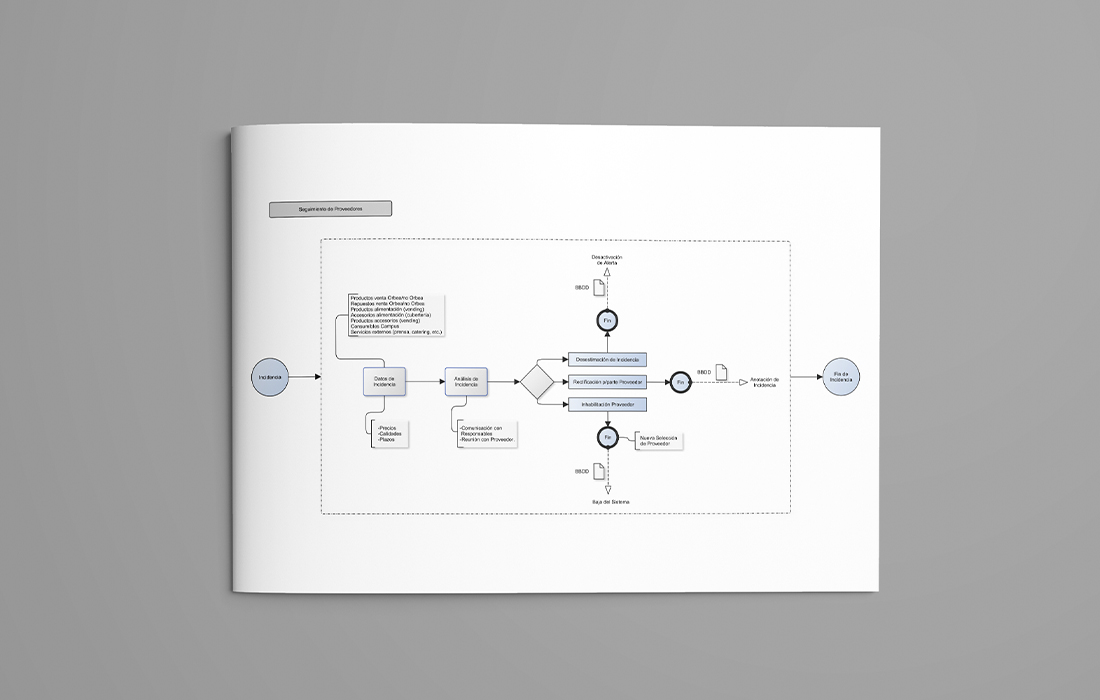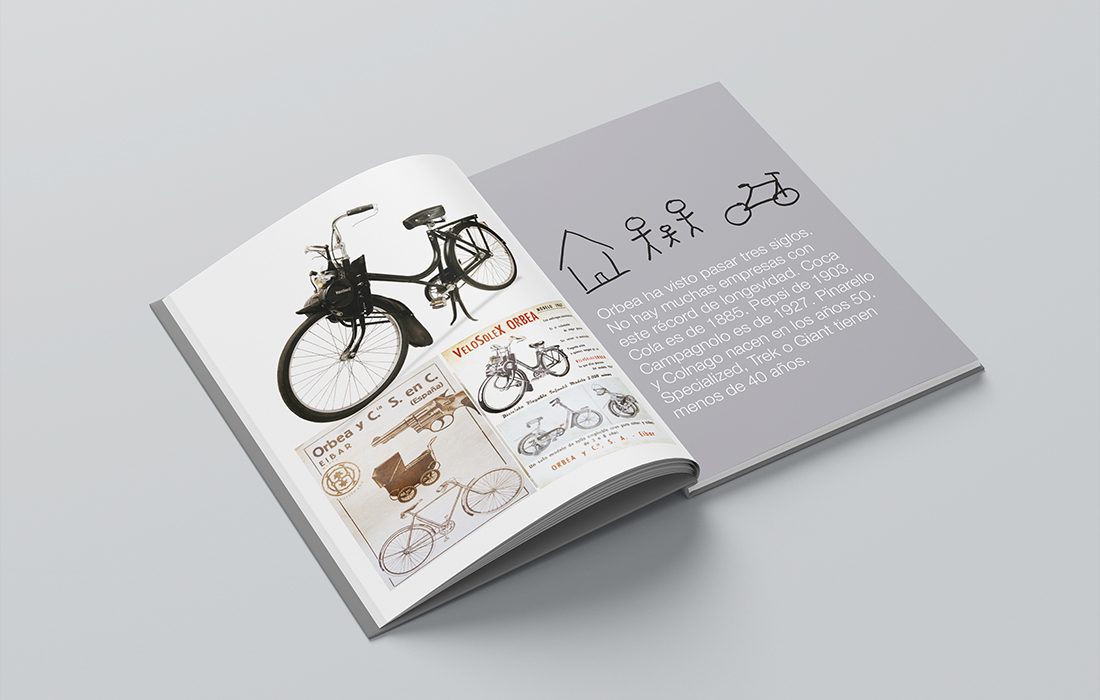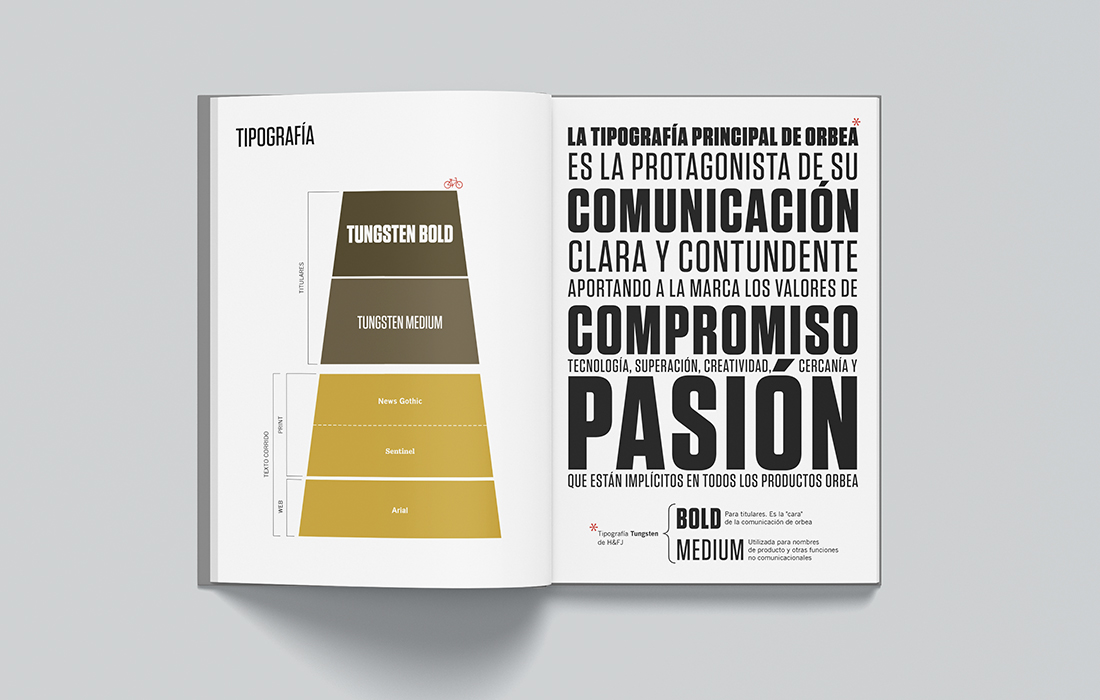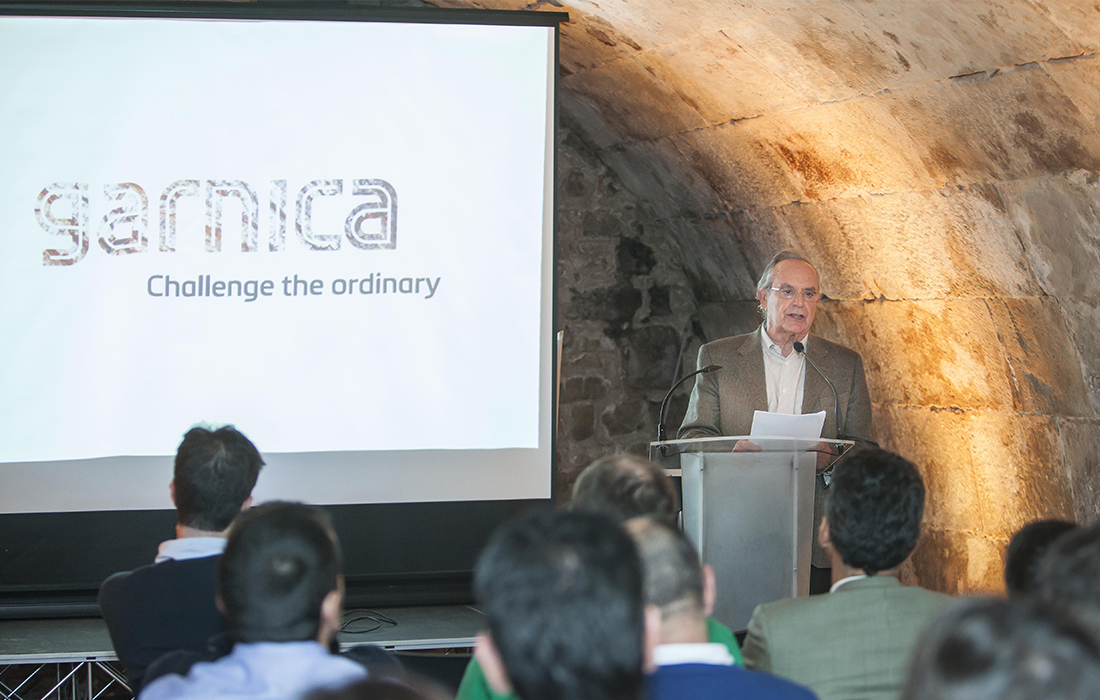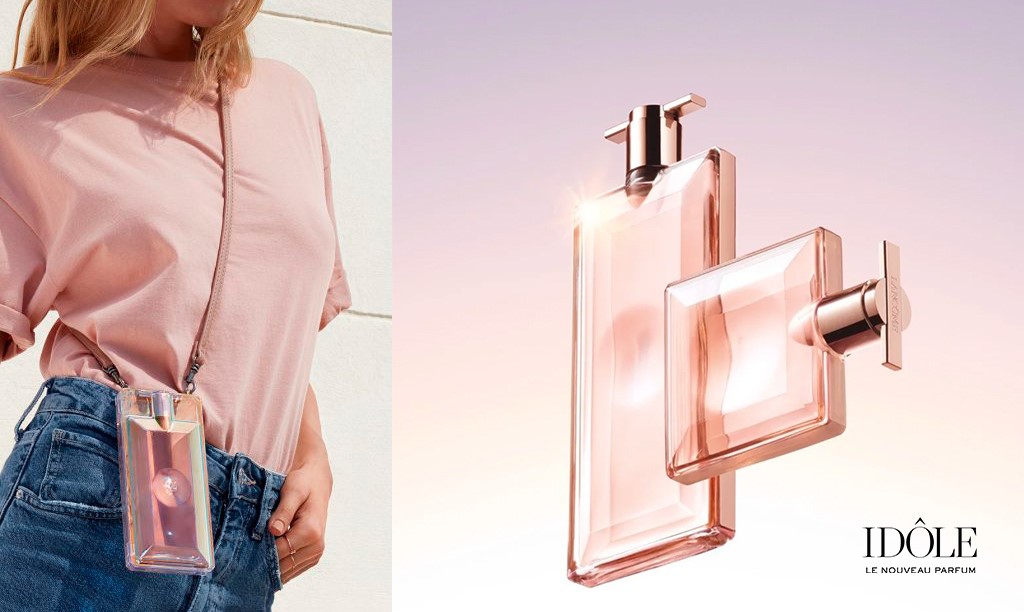
21 Feb Being sustainable or losing market, that’s the question
Whiplash Team, February 21st, 2020
Being sustainable or losing market, that’s the question
Awareness of the risks that climate change entails is growing. Consumers are increasingly aware of their role as catalysts for the transformation of the economic model. More and more people join the responsible consumption trend and, according to various studies, more than half of them would be willing to pay more for products that are responsible with the planet and society. It is compulsory for brands to be sustainable if they want to maintain their market share.
The so-called “green generations”, that is the Millennial and Z generations, lead the trend of responsible consumption, according to a recent GlobalWebIndex study. However, according to the same study, 61% of total consumers –including Generation X and Baby Boomers– would be willing to change brands if they find that the one they buy is not eco-responsible. Also, 57% of consumers would pay more for sustainable products.
In short, for brands to be sustainable is no longer an option, it is a requirement driven by the possibility of losing market share. But for today’s consumer, not only the final product is important. The process is too. From beginning to end, from sourcing materials to recycling. Therefore, as the concept of circular economy penetrates society, brands are researching, developing and implementing more sustainable manufacturing, production and packaging processes.
In the case of the fashion industry, one of the most questioned in terms of sustainability, there has been a change in consumption patterns, and clothing is no longer a short-term consumer product. Fast fashion is no longer a trend. Durable apparels, made of sustainable materials that are manufactured in a responsible way for both society and the environment, gain ground.
In the luxury perfume and cosmetics sector, we also find evidence of how brands are adapting to the demands of new consumers. In the world of fragrances, for example, Lancôme, one of the luxury brands of the L’Oreal Group, has chosen sustainable ingredients and refillable containers for its new Idôle perfume.
Packaging,
wrapping and containers are some of the elements that most influence the
purchase decision of consumers, aware of the need to reduce plastic waste.
Today, consumers prefer products with packaging made of biodegradable
materials, such as certified paper and cardboard, certified wood, or reusable
or rechargeable containers.
In fact, according to the GlobalWebIndex study, 42% of shoppers say that products with sustainable or recycled materials are important in their daily purchases. In any case, consumers have it clear. More than pretty or easy to use, they want the containers, wrappings and packaging to be recyclable.
In this context, it is imperative for brands to explore new solutions. This implies allocating economic resources to the research and development of new processes and production methods. Money for product design with new materials of biological or recycled origin. As well as taking actions that have a positive impact on staff and society.
Sustainability represents a great opportunity for brands. They need to incorporate it into their DNA, as an intrinsic part of their raison d’être and at the heart of their long-term strategies for the benefit of the whole society. The alternative is to lose the goodwill of consumers and the corresponding part of the market share.

